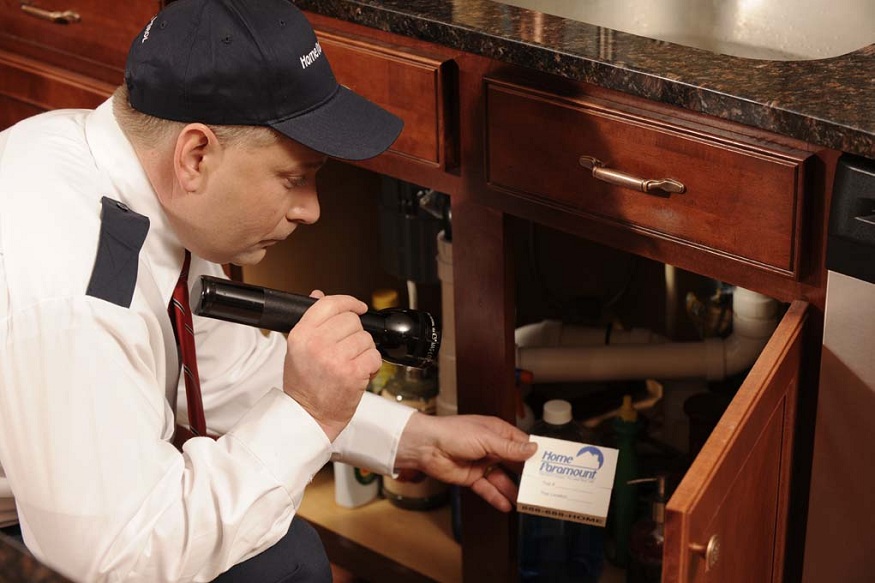Termites are infamous small insects that constitute a significant threat to properties and constructions respectively. As in the case of a particular locality such as Arlington, termites are known to pose significant trouble; therefore, a proper Pest Control in Arlington is an imperative. However, the control methods used over the years have been developed over time and there is constant development of resistance by termite populations to the available control methods.
This phenomenon has led pest management experts to contemplate conventional pest control methodologies and ways in which pest control techniques may have to evolve to suit current pest management strategies.
How are termites Developing a Resistance to Confirmed Termite Treatments?
Termites like any other pest have the ability to evolve a resistance to certain chemicals and treatment that may be used to deal with them. With persistence, the effects aversive the chemical to clear such chemicals while termites that are naturally resistant who have survived will breed and pass on the resistant genes to other generations.
This leads to a reduction in the overall effectiveness of the chemicals in eliminating termite colonies from homes for example. This adaptation process is a normal biological action that can be sped up by dependency on some treatments reducing the number of susceptible termites.
What Causes Termites to Develop Resistance?
The main cause of termite resistance is the constant use of the single chemical treatments in households. As with antibiotic-resistant bacteria, the frequent use of insecticides may well cause subterranean termites to develop resistance to the chemicals. Secondly, it is probable that the chemical compositions used in the conventional treatments cannot reach beyond the termite Colonies to eradicate all the termites. Therefore, failure to control the pests means that those that survived can reproduce resulting in resistance to the control methods used.
Can Modern Pest Control Methods Overcome Termite Resistance?
In dealing with termite resistance pest controllers are now adopting the IPM approach, which involves the use of biological control, physical and chemical control, and others. These strategies seek to employ multiple approaches in the belief that termites are not likely to develop resistance against the numerous methods that might be employed. Further, new advanced chemistries and processes are being created to be able to reach deeper into termite colonies and make a perfect kill.
How can property owners ensure that they deal with termite risks efficiently?
For the property owners, the main strategy towards the termite threats is total control through prevention and early identification. Overseas by experienced pest control officers, the inspecting can be effectively done to detect probable infestation areas to act on before they expand their area of influence. With timely detection, there is potential for property owners to have the ‘bugs’ treated according to the situation of the property and the environment. Furthermore, precise management of conditions around a property type can also keep termites away and decrease chances of their invasion.
Conclusion
The effectiveness of termites to conventional treatments poses a current problem hence the need for innovative pest control methods. Since termites are constantly adapting, it is crucial for management approaches to match the ongoing changes among termites. Overall, it is possible to conclude that, with the help of IPM, timetable checks, and adequate preventive measures, termites pose no threat to property owners owing to their ability to be eradicated and managed.
Nonetheless, the pest control challenges continue to be experienced and researchers and innovators in the Pest control industry continue to find better solutions to the problems as the future unfolds.

